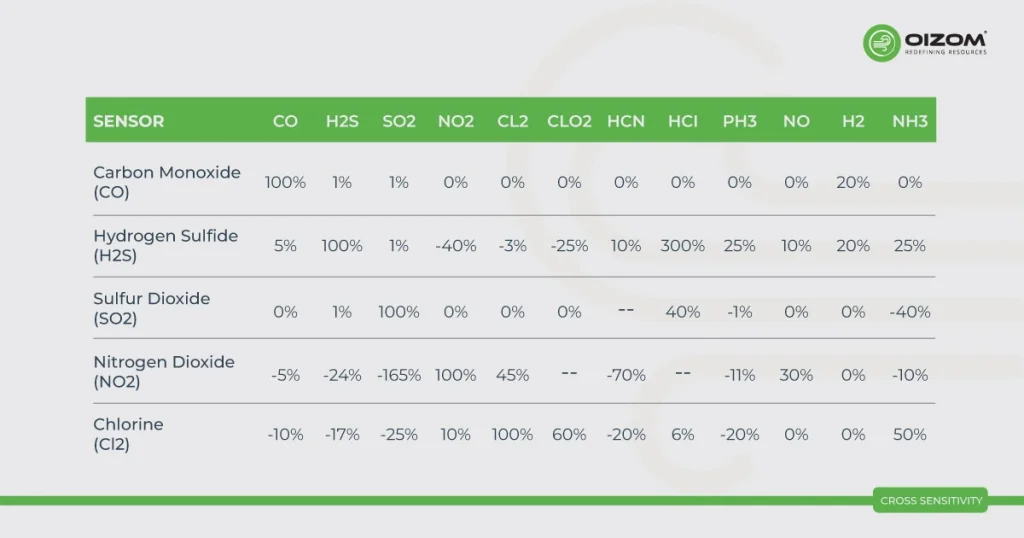Find the terms by letter
Cross sensitivity
Definition
Cross sensitivity – Other pollutants that interfere with the measurement of the target pollutant.
Definition and Description
Cross-sensitivity in terms of air sensors refers to the sensor’s ability to respond to multiple gases or compounds, not just the specific target pollutant it is designed to measure. In other words, it signifies the sensor’s sensitivity to substances other than its intended target. Cross-sensitivity can be both an advantage and a challenge, depending on the context. It can be advantageous when the sensor needs to detect a range of related compounds, but it can also introduce measurement inaccuracies if the sensor responds to interfering substances that are not of interest. Proper calibration and compensation techniques are often employed to address cross-sensitivity and ensure the sensor’s accuracy in measuring the intended air quality parameters.



